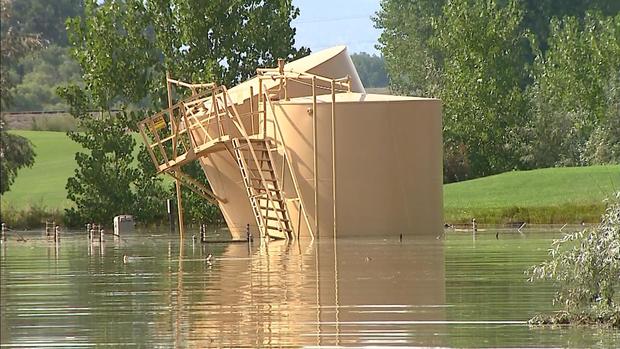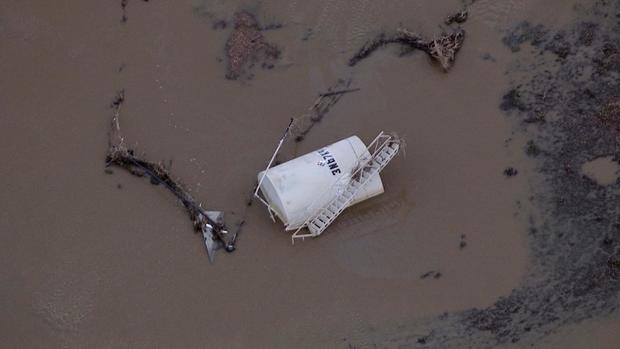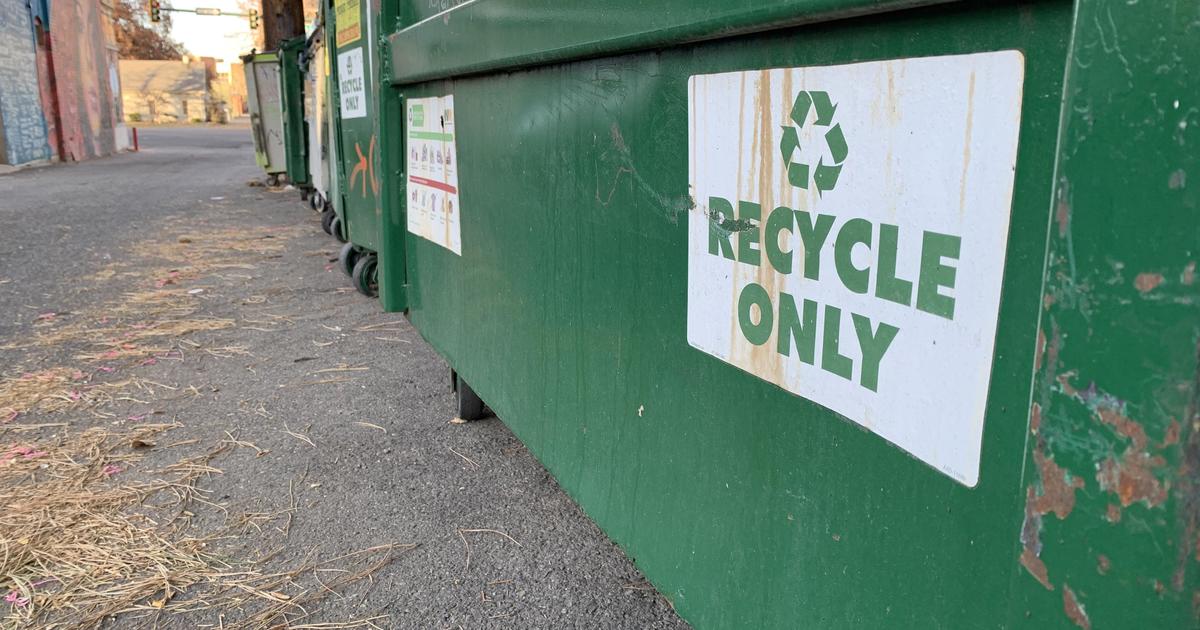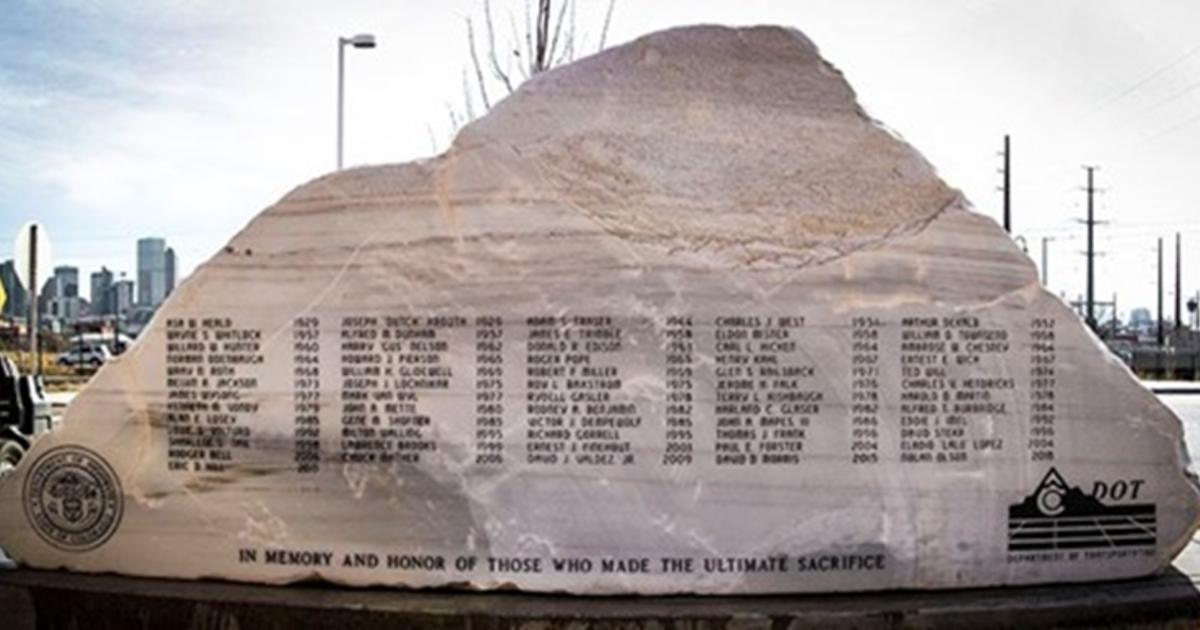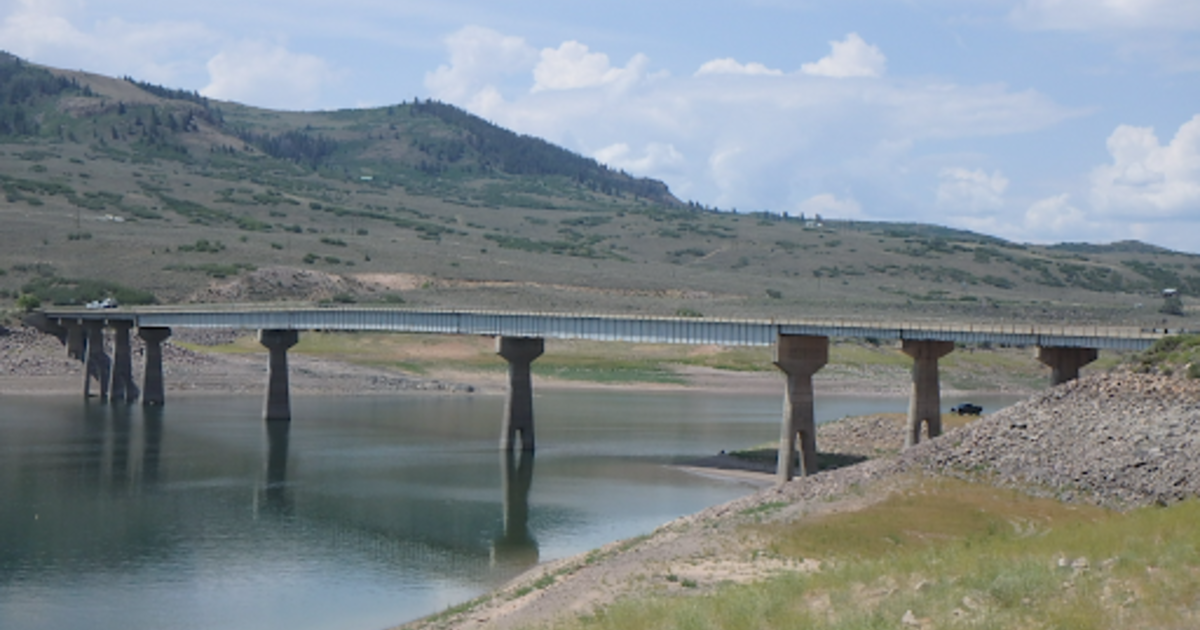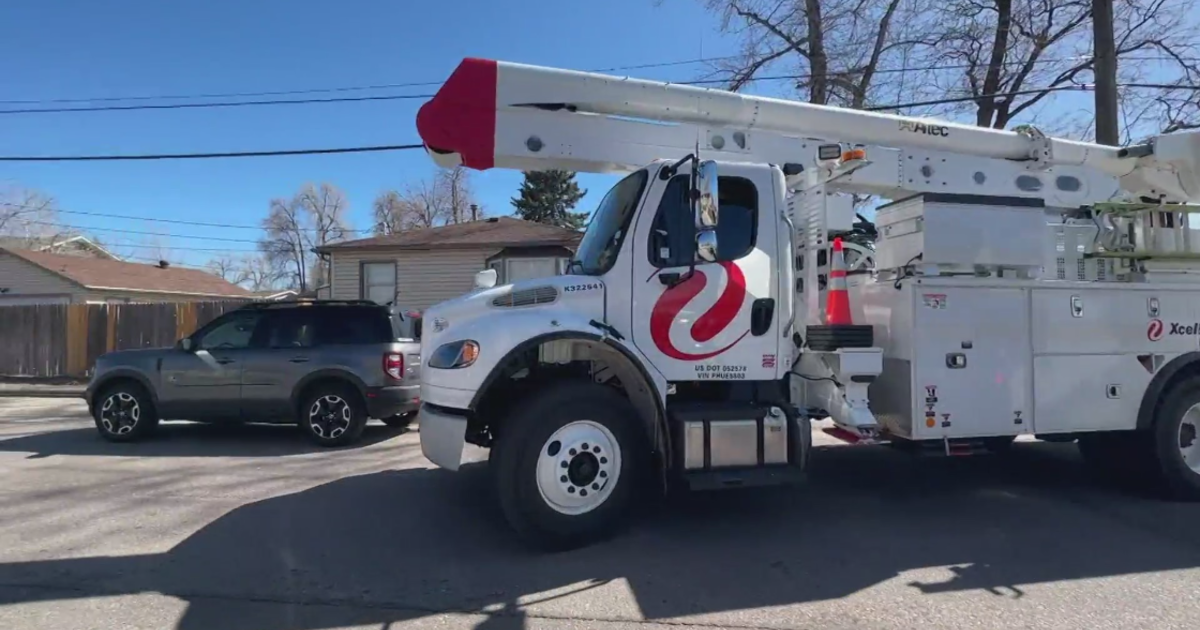What Oil & Gas Industry Learned From Last Fall's Flooding
DENVER (CBS4)- The devastating flooding that struck Colorado last fall not only ravaged roads, destroyed homes and entire communities but also shut down the state's main petroleum-producing region.
Thousands of gallons of crude oil ended up in waterways because of toppled storage tanks.
To discuss the aftermath of what happened in September 2013, industry officials gathered at a workshop organized by the Colorado Oil and Gas Conservation Commission, which regulates the industry.
The flood killed nine people and damaged or destroyed nearly 2,000 homes.
Oil and gas facilities were damaged by the rushing water and debris from the historic flooding which triggered oil spills when large storage tanks were overturned.
It's the first of a series of steps to determine whether more policies need to be put in place for the oil and gas industry.
The commission is already mindful of how to improve the anchoring of those storage or battery tanks. They're also discussing the use of protective barriers around operation sites which seemed to hold up better in rushing water.
The goal of these workshops is to make oil and gas operations safer, especially along Colorado's waterways.
"To assess from different points of view what different people learned, take it back to the commission and discuss do we need new policies and rules?" asked COGCC Director Matt Lepore.
A report will be generated after Thursday's meeting and those new rules could be put into place in a few months if the commission decides the state needs them.
More September Flooding Stories
